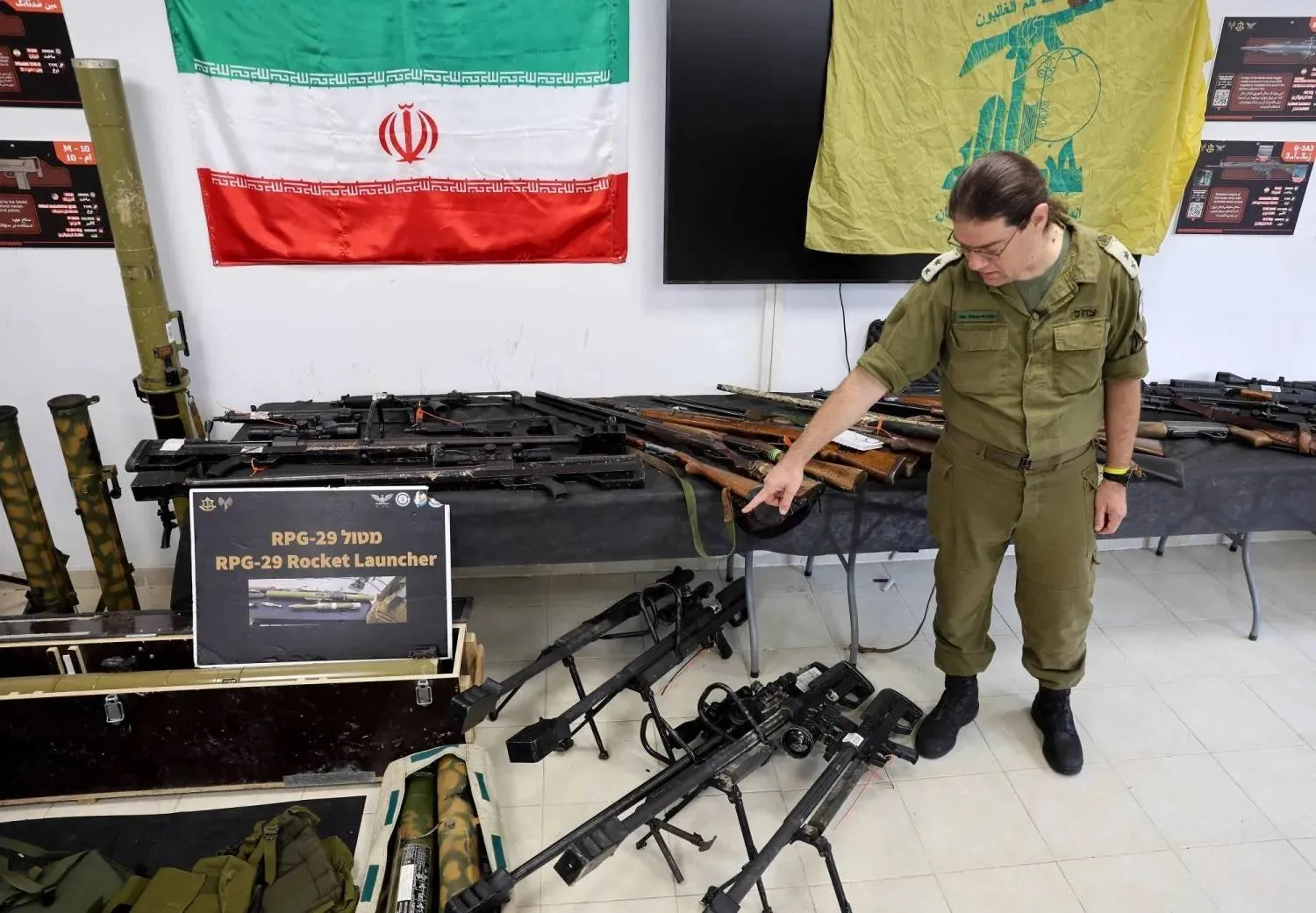The World Bank said on Friday that the Houthi blockade on oil exports has led to the deterioration of food security in Yemen to unprecedented levels.
It stressed that Yemen’s economy continues to confront deepening challenges as prolonged conflict, political fragmentation, and escalating regional tensions drive the country into an even more severe humanitarian and economic crisis.
In the Fall edition of its Yemen Economic Monitor (YEM) entitled “Confronting Escalating Challenges,” the WB revealed that Yemen’s GDP is projected to contract by 1% in 2024, following a 2% decline in 2023, exacerbating the 54% drop in real GDP per capita since 2015.
It then affirmed that the conflict has pushed most Yemenis into poverty, while food insecurity has reached historic levels, with over 60% of the population now facing inadequate access to food.
The report also underscored the significant economic hardships caused by the continued Houthi blockade on oil exports, which contributed to a 42% drop in fiscal revenues for the internationally recognized government in the first half of 2024, preventing it from providing essential services to the population.
The suspension of the government oil exports, combined with a heavy reliance on imports, has intensified external pressures, leading to a depreciation of the Yemeni Rial in the Aden market from 1,619 per US dollar in January 2024 to 1,917 by the end of August, it noted.
Living Conditions Deteriorate
Since 2023, the WB report said living conditions have deteriorated drastically for the majority of the population.
In July 2024, World Bank phone surveys indicated that severe food deprivation more than doubled in some governorates.
Also, economic fragmentation between Houthi-held and government-controlled areas continues to worsen, with disparities in inflation and exchange rates undermining both stability and future recovery efforts.
Simultaneously, regional tensions, especially in the Red Sea, have led to a more than 60% reduction in traffic through the strategic Bab El-Mandeb Strait and the Suez Canal.
However, the report said these disruptions have not yet resulted in significant increases in consumer prices.
“Yemen’s economic and humanitarian challenges are growing more acute, yet the opportunity remains to reverse this downward trend with the right support,” said Dina Abu-Ghaida, WB Country Manager for Yemen.
She added that immediate action is required, including addressing fiscal and external imbalances, mitigating food insecurity, and fostering greater stability. “We remain committed to working closely with partners to support Yemen’s recovery and pave the way for a sustainable future.”
Potential Risks
In its report, the WB further detailed the potential risks to Yemen’s banking sector, which faced mounting tensions between the Houthis and government-controlled government over regulatory control in the first half of the year.
While regional and international mediation efforts have helped ease some tensions, the report said the situation remains fragile, and the report recommends strengthening institutional resilience to manage inflation and fiscal challenges.
It also suggests improving trade routes and access to financial services to ease economic pressures and prevent further fragmentation.
The report affirmed that Yemen’s economic outlook for 2025 remains bleak, with the continuation of regional conflict and internal strife threatening to deepen the fragmentation and worsen the social and humanitarian crisis.
However, it noted that a potential peace dividend could spur rapid economic recovery, should a durable peace agreement be reached.
“This would pave the way for vital external assistance, reconstruction, and reforms necessary to stabilize the country and its economy,” the report said.









